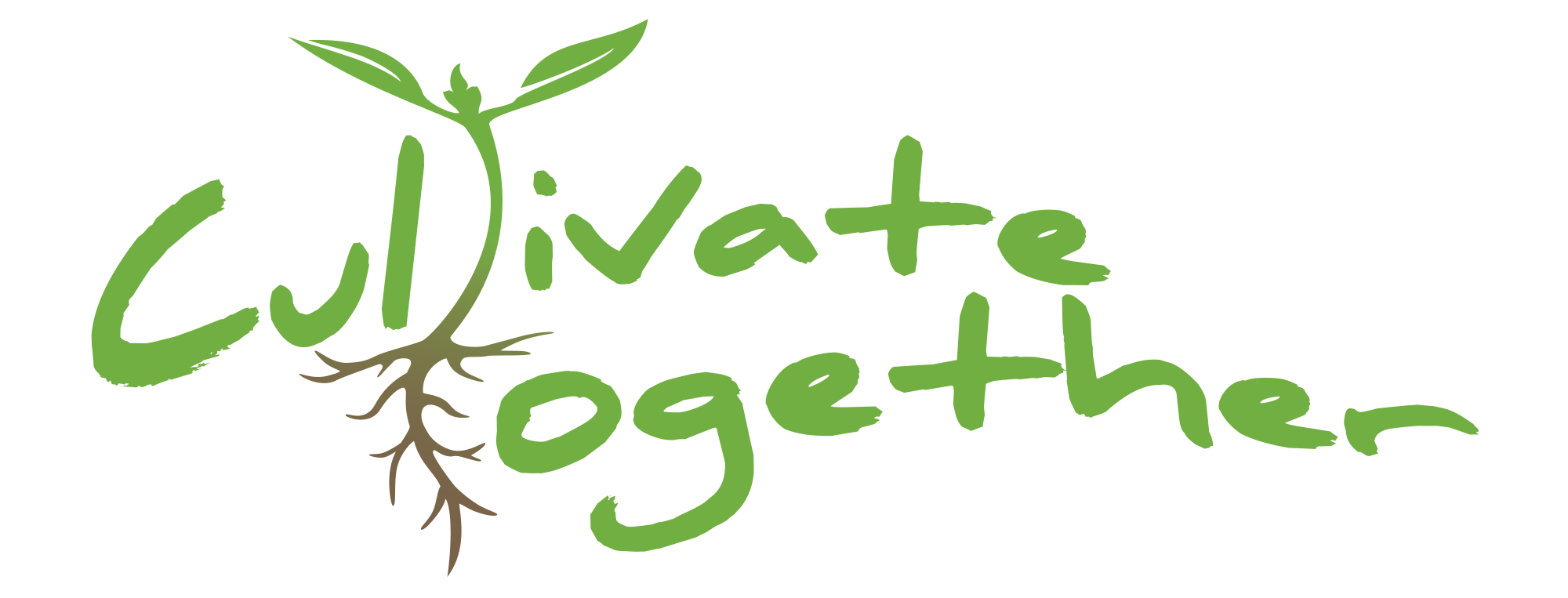Alopez: Data Collection #10
March 8, 2017 by Abby Lopez
As we have a month left of training and with our upcoming project due next month, I reflect over the teachings of Mollison who once has said: “Permaculture is a philosophy of working with, rather than against nature; of protracted and thoughtful observation rather than protracted and thoughtless labour; and of looking at plants and animals in all their functions, rather than treating any area as a single product system.”
To understand where I live and what functions and fits locally designated to my area is crucial in understanding permaculture. As my co-cultivators and I studied and applied lessons and training over the past three months, we eventually prepared ourselves to one day apply these techniques and to share the knowledge as teachers, advocates and farmers of permaculture toward our own homes, businesses and community settings and to do that we need to value and practice a methodology of data collection as we try to break away from inefficient practices such as making green lawns out of deserts and into a drought tolerant edible landscape that is suitable and better adapted to our climate in Orange County or to better manage pests and increase plant’s resiliency.
We managed to gather a lot of information during the course of our training from our projects in irrigation, nursery management, harvesting, garden bed framing, soil composition, permaculture principles, garden design, pruning and land assessment in urban settings. Today, Jeremy showed us the value of collecting and evaluating information gathered through Cultivate Together’s different projects. In this way, we can assess and measure effectiveness, better manage our resources, evaluate feedback to maximize efficiency and provide evidence based results that can be used in proposals for clients, investors or land management projects. For example, we can analyze our output of food production and by counting the pounds of food harvested, evaluate efficiency of water used by drip irrigation by using a formula and create surveys from visitors on farm tours. By understanding variables through tested methods, we can surely help people understand that permaculture is a proven method towards solutions and meet the challenges we face today.

Data collection of water capacity for crops using Excel
Data Collection Include:
- Water Usage
- Crop Tracking
- Project garden plans
- Budget management
- Survey of participants
- Harvest tracking
